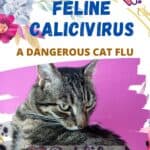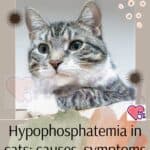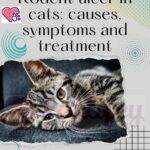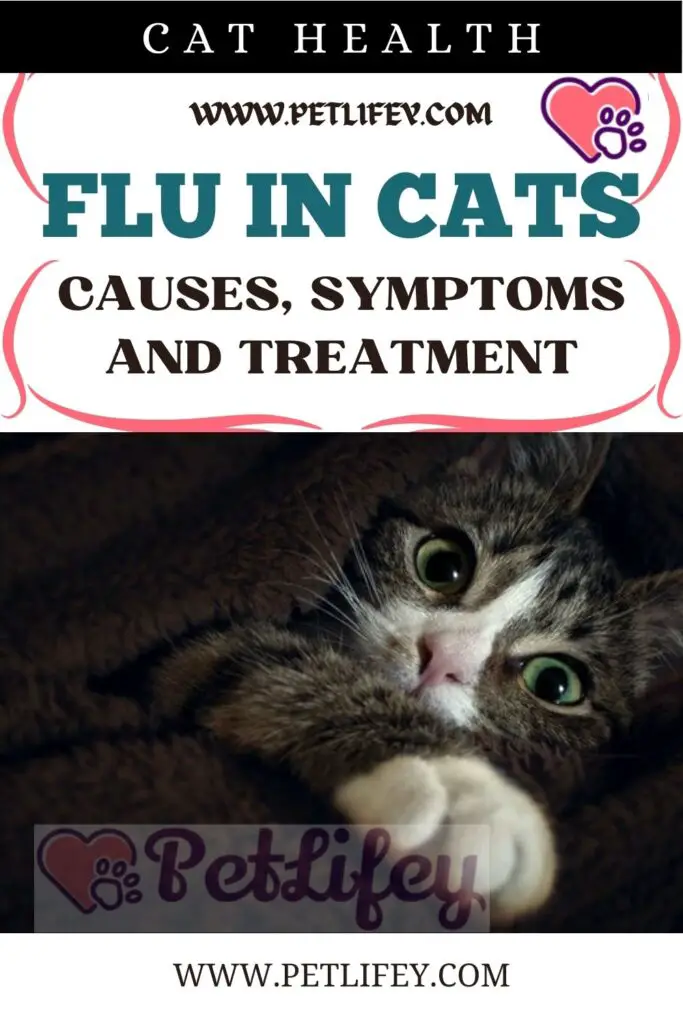
Yes, cats have the flu too! Let’s find out what are the main symptoms of the flu in cats and how to treat it.
Even our feline friends can get sick and, just like us humans, get a fever.
The viruses that lead to influenza in cats are of two types: feline herpesvirus (FHV), and feline calicivirus (FCV). Both viral agents lead to inflammation and infections of the upper respiratory tract, but they act differently: the first is potentially fatal and could have chronic consequences for our cat, while the second is lighter and with decidedly less severe aftermath.
Again, similar to what happens to people, the subjects most at risk are very young and elderly cats.
Feline flu: causes of transmission and symptoms
It is important to underline the fact that the disease is not a case of zoonosis, that is, it is not transmitted from animals to humans. If you want to find out what are the infections that a human being could contract from animals.
Feline flu is transmitted through the air or contact with other sick and infected cats or with healthy carriers of the disease, that is, with subjects who have contracted the virus but who do not have any symptoms. Direct contact with contaminated objects, such as human hands or shoes, could also be decisive for the infection and spread among felines. The incubation period can be very long and up to three weeks, during which time the cat can be contagious without having clearly manifested the symptoms yet.
But how to tell if cat has the flu? There is often a rise in the cat’s body temperature, which exceeds 38 degrees.
In addition to a high fever, other very common symptoms can occur, such as:
- loss of appetite
- nasal and ocular secretions
- sneezing
- oral ulcers (on the tongue, palate and gums)
- excessive salivation
- conjunctivitis
- mouth breathing
- cough
- weakness and sleepiness
- muscle aches
Influenza in cats: care and treatment
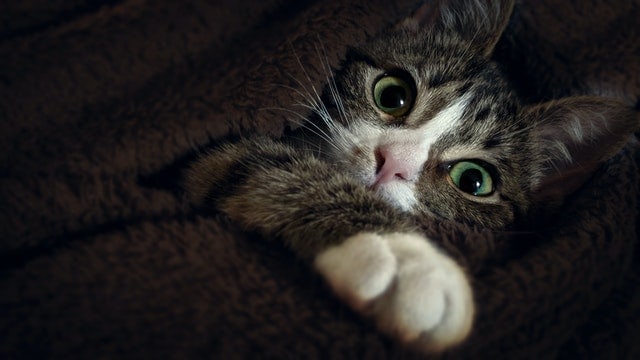
If the cat has even one of the symptoms listed above, it is necessary to isolate it from other cats to avoid possible infection and make an appointment with your trusted veterinarian as soon as possible. Considering that the symptoms are in common with other minor pathologies, the specialist will have to identify the problem with a clear and timely diagnosis: the cat could simply have a cough, or it could be a case of a cold in the cat.
Generally, the treatment of feline flu involves the prescription by the veterinarian of certain drugs, aimed at
You can use:
- Antibiotics: are intended to counteract any secondary infections resulting from the flu.
- Interferon: is an antiviral drug useful for preventing the replication of the virus.
- Eye drops: is a drug with local action, used to counteract conjunctivitis.
- Infusion: this therapy is used in cases of strong lack of appetite, when the cat reaches a severe state of dehydration.
It then becomes essential to try to keep the cat at rest during the convalescence period, to allow him a full and complete recovery and avoid possible relapses.

